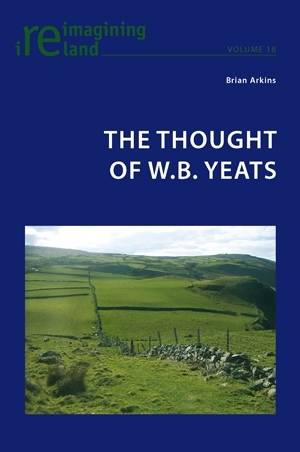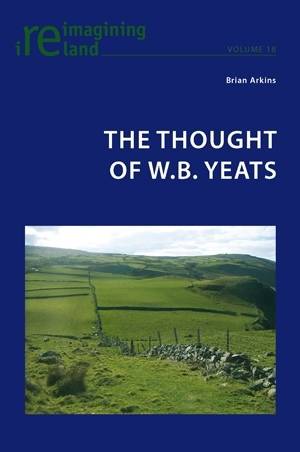
- Afhalen na 1 uur in een winkel met voorraad
- Gratis thuislevering in België vanaf € 30
- Ruim aanbod met 7 miljoen producten
- Afhalen na 1 uur in een winkel met voorraad
- Gratis thuislevering in België vanaf € 30
- Ruim aanbod met 7 miljoen producten
Zoeken
€ 117,95
+ 235 punten
Omschrijving
This study focuses on the ideas of W.B. Yeats and explores his thinking on a wide range of fundamental subjects. Since opposites are central to Yeats's thought, the book begins with an analysis of this topic. The author then examines Yeats's views on religion, sex and politics, again scrutinising the opposites at play. The author considers Yeats's adherence to various anti-empirical belief systems and the transformation of his view of sex as largely a romantic concern to his later more 'earthy' perspective. Yeats's fundamentally Tory political inclinations are examined alongside his regrettable espousal of eugenics.
In the second part of the book Yeats's view of history and of human character in A Vision are analysed. The author discusses Yeats's two versions of 'Sophocles' and his poems on Byzantium. The final chapter on Yeats's style stresses the pervasive use of embedded phrases and of terminal questions in the poems.
In the second part of the book Yeats's view of history and of human character in A Vision are analysed. The author discusses Yeats's two versions of 'Sophocles' and his poems on Byzantium. The final chapter on Yeats's style stresses the pervasive use of embedded phrases and of terminal questions in the poems.
Specificaties
Betrokkenen
- Auteur(s):
- Uitgeverij:
Inhoud
- Aantal bladzijden:
- 196
- Taal:
- Engels
- Reeks:
- Reeksnummer:
- nr. 18
Eigenschappen
- Productcode (EAN):
- 9783039119394
- Verschijningsdatum:
- 29/06/2010
- Uitvoering:
- Paperback
- Formaat:
- Trade paperback (VS)
- Afmetingen:
- 152 mm x 229 mm
- Gewicht:
- 285 g

Alleen bij Standaard Boekhandel
+ 235 punten op je klantenkaart van Standaard Boekhandel
Beoordelingen
We publiceren alleen reviews die voldoen aan de voorwaarden voor reviews. Bekijk onze voorwaarden voor reviews.







